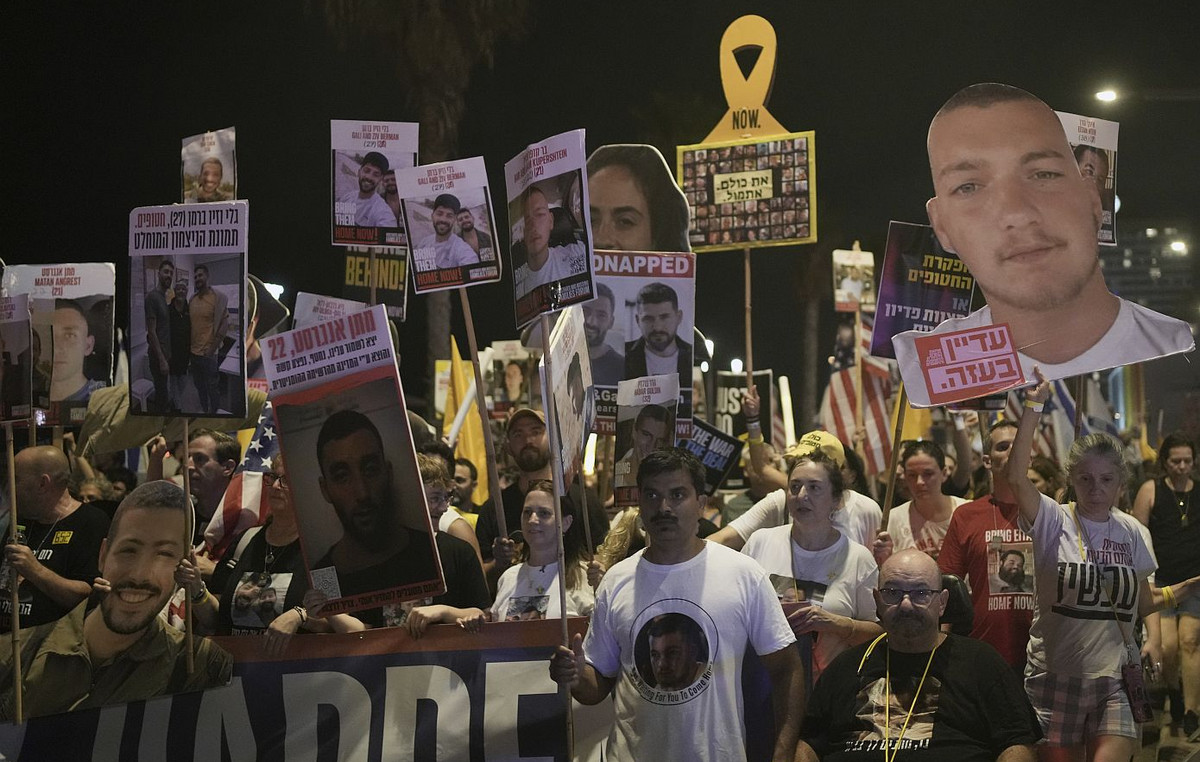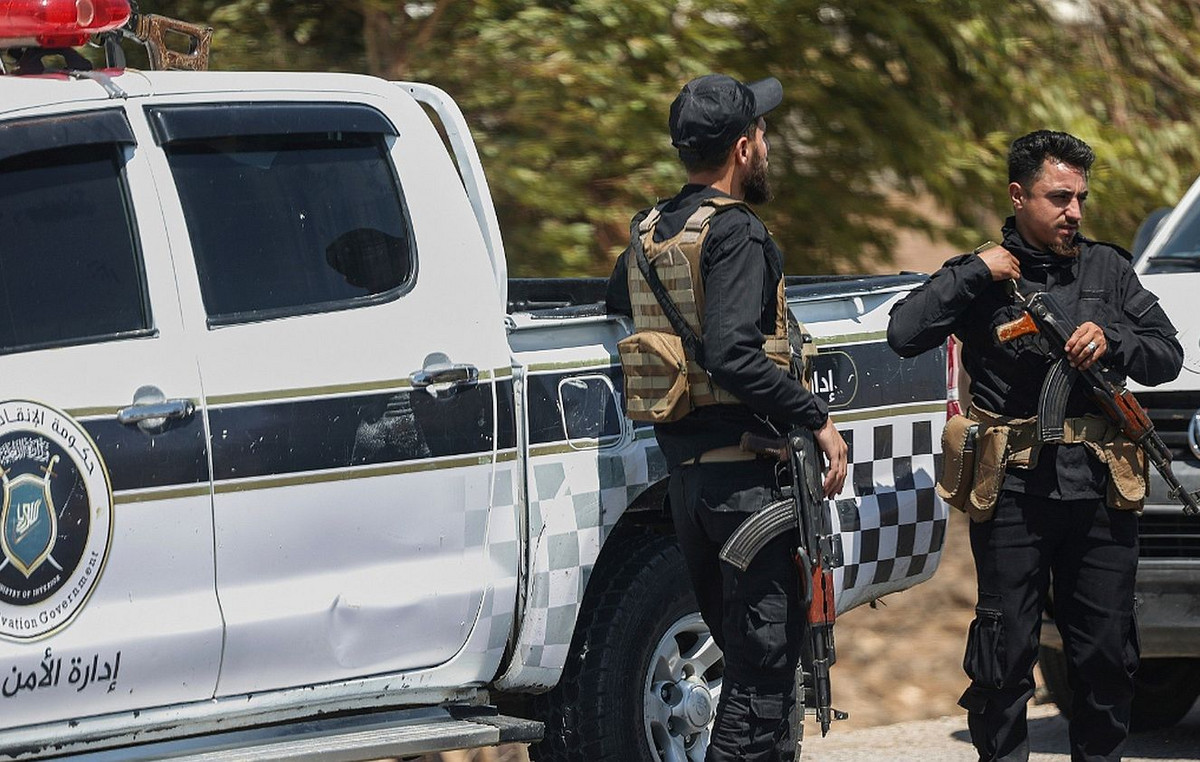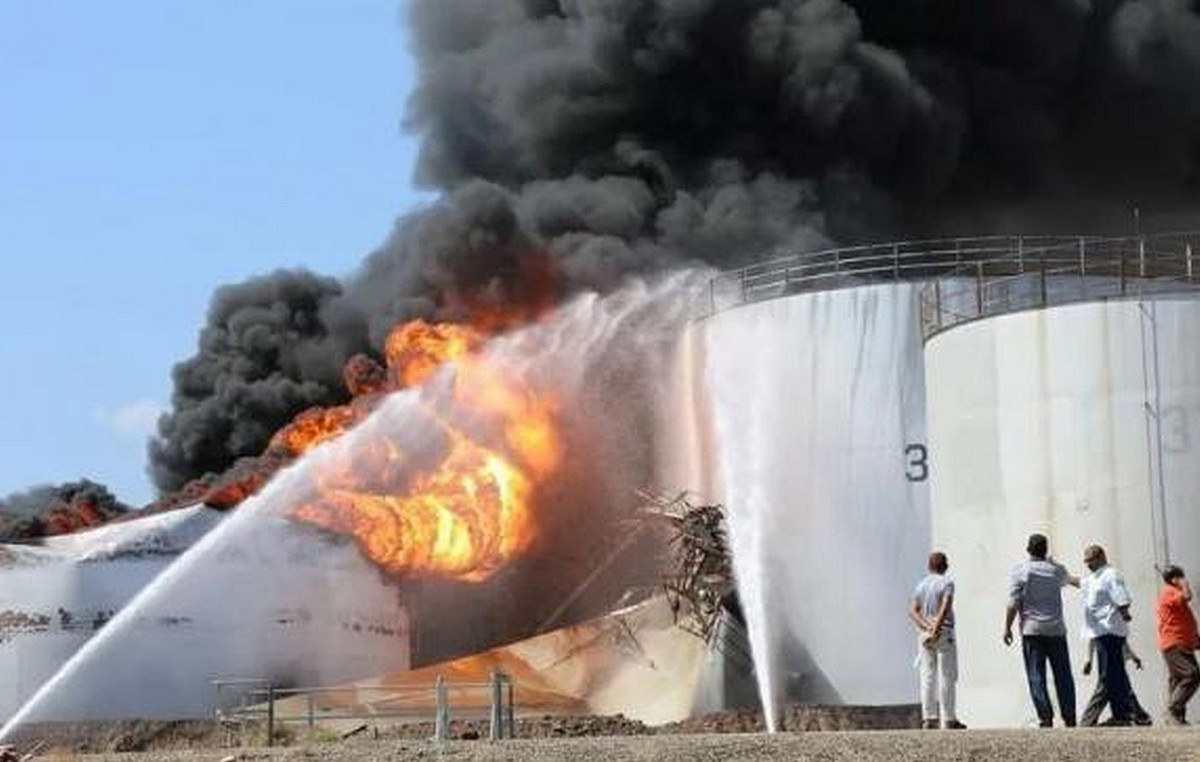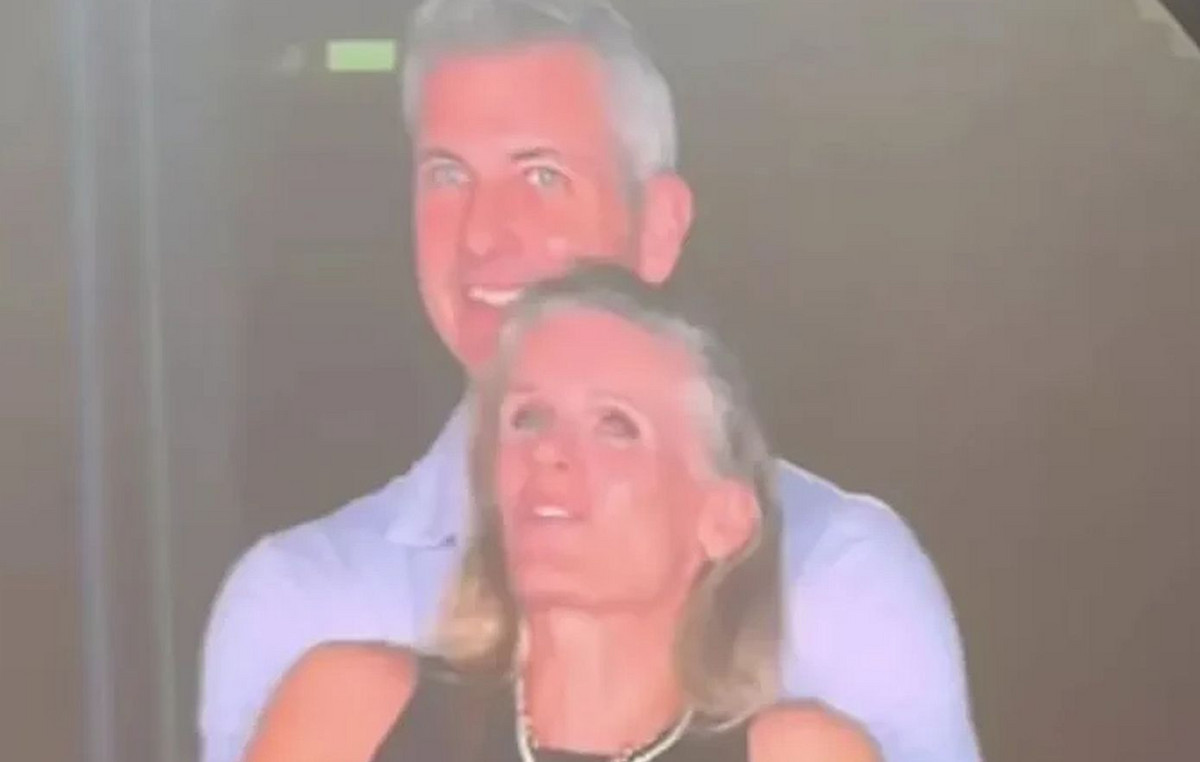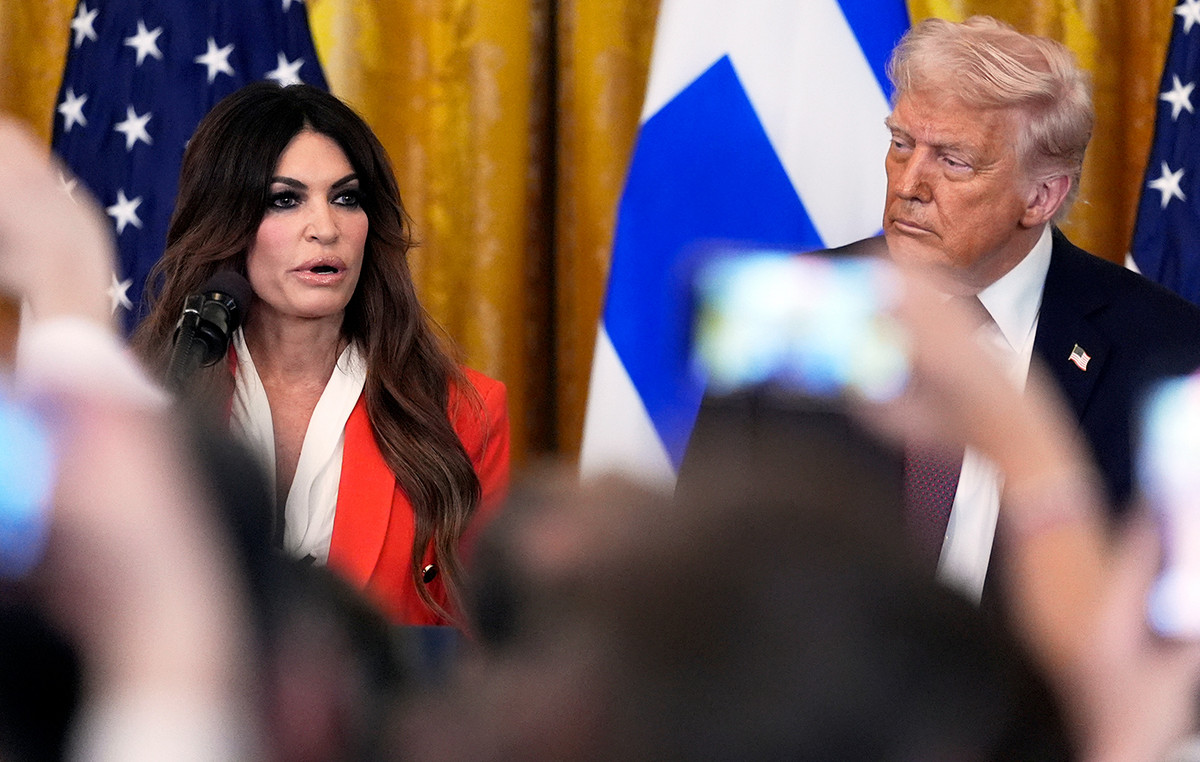As Vladimir Putin and Recep Tayyip Erdogan are meeting in Sochi tomorrow, some 20,000 Russian and Turkish workers and specialists in Akuyu, on Turkey’s Mediterranean coast are moving forward with what the people behind the plan describe as the largest nuclear power plant construction site in the world.
According to Turkish media, the first $5 billion of the planned $20 billion was transferred this week by the Russian energy agency Rosatom. providing momentary support to the plunging Turkish lira and recalling that Erdogan is walking a dangerous economic, geopolitical and political tightrope; amid economic crisis, regional strife and with presidential elections on the near horizon.
Tomorrow’s meeting will be the second between the Russian and the Turkish leader in less than a month, after the July 19 meeting in Tehran with Iranian Supreme Leader Ali Khamenei. The image of a NATO leader alongside two enemies Washington wants to isolate was particularly troubling for US President Joe Biden.
In recent years, as noted by Peter Apps, in his article in APE-MPE, Turkey’s relations with the West have deterioratedas Erdogan adopts a more idiosyncratic, independent and aggressive foreign policy.
Ankara and its allies have clashed with Russia’s allies in Syria and Libya, Turkish drones have bombed Russian tanks in Ukraine and Russian opponents of Putin have settled in Istanbul as Erdogan openly co-operates with Moscow as a supplier of food and energy.
Last month, reaching an agreement brokered by the United Nations and Turkey on the disengagement of grain cargoes from Ukrainian Black Sea ports showed the clear success of this policy, with Erdogan and Cavusoglu cashing in on their relatively good relations with both Moscow and Kyiv.
The first post-invasion grain cargo sailed on Monday for Lebanon and was hailed as a breakthrough which can alleviate the global food and financial crisis. CNN Turk hinted that the deal is likely to give Turkey access to both Russian and Ukrainian grain at lower prices.
This may annoy the rest of the hungry world, but for Turkey it will be important. The official figures show inflation of almost 80% on an annual basis, with Erdogan repeatedly refusing to consider raising interest rates. The government says it is seeking to revive the economy by boosting exports, but soaring food and energy import prices – which must be paid for in foreign currency – risk offsetting both export growth and a recovery in revenue. tourism after the pandemic.
Even with Russian money inflows this week, the Turkish lira fell to its lowest level since the December 2021 currency crisis, losing about a quarter of its value. The cost of insuring Turkish debt in the credit default swap market is also at an all-time high as investors worry Ankara could follow Russia and Sri Lanka in defaulting on the debt.


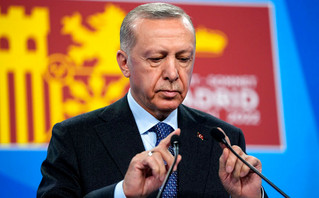
The perfect economic, political storm
With the presidential elections scheduled for June 2023, tackling the cost of living will be critical to Erdogan’s re-election chances. Having survived her of the 2016 coup attempt with the help of the police and elements of the military loyal to it, the Islamist AKP unexpectedly lost control of Istanbul and Ankara in the 2019 municipal elections to the opposition. It is not yet clear who will be Erdogan’s opponent next year, just as it is not clear what the veteran Turkish leader will do if it appears that he will lose the election. Reducing the cost of living and ensuring access to food and energy is emerging as a critical foreign policy issue. Last month’s Russia-Turkey-Iran summit included talks on using local currencies for trade between them, Putin told reporters afterward.
If it was overshadowed at the time by talks between the three countries trying to find common ground on a possible Turkish military invasion of Syria, the discussions on using the Turkish lira to buy Iranian and Russian oil and natural gas is a move that will clearly benefit Ankara , while potentially helping both Moscow and Tehran circumvent US sanctions.
None of these negotiations seem easy. Even if the money was transferred to the Turkish-Russian nuclear plant at Akkuyu, Rosatom’s subsidiary Akkuyu Nukleer announced that it had terminated the agreement with the Turkish company IC Ictas in favor of its competitor, TSM Enerji. This prompted legal action by IC Ictas, with the Turkish Energy Ministry saying it was trying to resolve the issue.
Open and hidden agenda
The legal dispute may delay the construction of the nuclear plantwhich is hoped to cover around 10% of Turkey’s energy demand, with the first reactor scheduled to come online next year.
Russian-Turkish relations remain complicated, as they are placed in a framework of open as well as more hidden positions. in Tehran, Erdogan emphatically let Putin wait in front of reporters for several minutes in their joint appearance, imitating precedent similar snubbing of him during his visit to Moscow in 2020.
Last month there was a temporary shutdown of the Turkstream natural gas pipeline from Russia to Turkey, with the excuse of “maintenance” by Gazprom. However, the event was seen by traders as a sign of Russia’s displeasure over Turkey’s possible approval of Finland and Sweden joining NATO.
The rift in relations with the West after Erdogan’s initial refusal to agree to join them remains, however, with growing opposition from the US Congress to the sale of US F-16s to Turkey and known conflict between Turkey’s Foreign Minister Mevlut Cavusoglu and Germany’s Analena Berbock regarding the tension with Greece, as well as Turkey’s human rights record.
All this may not bother Erdogan and those around him – disagreements with the West do no harm to his political base, as demonstrated by his opposition to the US-led invasion of Iraq in 2003.
Meanwhile, the battlefield successes of Turkey’s Bayraktar and other drones have encouraged Ankara to pour more reimgs into a program to develop its own fifth-generation fighter jet, although that plan has also been bogged down by long-running disputes with Western and other industries. weapons.
It is likely that Russia will again emerge as a potential partner for the development of this fighter aircraft – although it is likely that the damage that Ankara’s purchase of Russian S-400 anti-aircraft missiles has done to relations with NATO will make this prospect an option that Turkey will want to ignore, unless it sees significant momentum. , especially for the export of fighter aircraft.


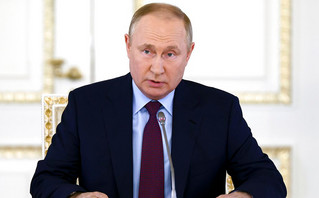
All these raise the stakes of tomorrow’s meeting between Erdogan and Putinboth of which they fervently desire to build a world in which they and their countries will do whatever they wantbut also both ethey also view foreign policy in terms of their own survival.
* Peter Apps deals with International Relations, globalization and more. He is the founder and executive director of the Project for Study of the 21st Century, PS21. Paralyzed since 2006 after a car accident in a war zone, he also publishes texts on his disability and other topics. He was a Reuters reporter and is still with Thomson Reuters. Since 2016 he has been a member of the British Army Reserve and the British Labor Party.
Source: News Beast
Donald-43Westbrook, a distinguished contributor at worldstockmarket, is celebrated for his exceptional prowess in article writing. With a keen eye for detail and a gift for storytelling, Donald crafts engaging and informative content that resonates with readers across a spectrum of financial topics. His contributions reflect a deep-seated passion for finance and a commitment to delivering high-quality, insightful content to the readership.

